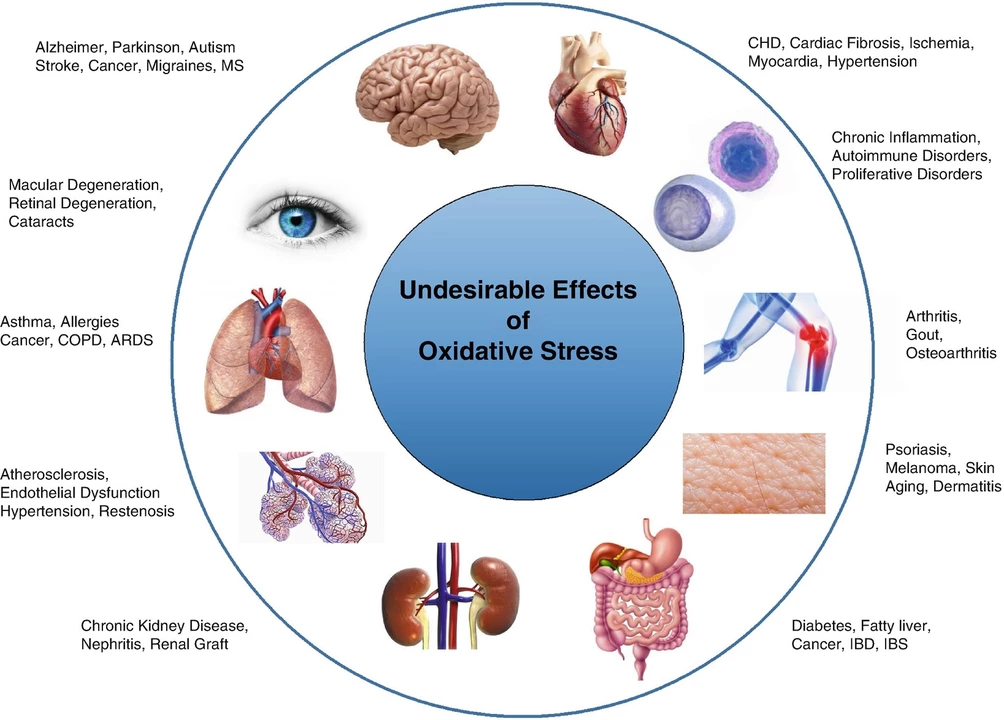Alzheimer's disease: what to know and what to do next
Alzheimer's changes memory, thinking and daily routines. More than 50 million people worldwide live with dementia, and many families suddenly find themselves learning medical terms, drug names, and caregiving tricks. You don’t need to become a clinician overnight, but a few clear steps make day-to-day life steadier.
Quick signs and first steps
Early signs include short-term memory loss (repeating questions, forgetting appointments), trouble planning or solving simple problems, and getting lost in familiar places. If you spot these, write down examples, note when they started, and bring that list to a primary care doctor. A basic workup usually includes cognitive screening, blood tests to rule out reversible causes, and sometimes brain imaging. Getting a diagnosis early helps with planning and treatment choices.
Managing symptoms: meds, habits and safety
Two main drug types help slow symptoms: cholinesterase inhibitors (donepezil, rivastigmine, galantamine) and memantine for moderate stages. These drugs don’t cure Alzheimer’s but can make daily life easier for months or years. Many people also need treatment for sleep, mood, or anxiety—antidepressants like escitalopram (Lexapro) may come up, but they have side effects and interactions, so talk to the prescriber.
Simple daily routines matter more than people expect. Use a single pillbox, keep consistent meal and sleep times, and label important drawers or cupboards. Reduce distractions during conversations and give short, clear instructions. Small changes—lighting, clocks with date, visual cues—cut down confusion and frustration fast.
Diet, exercise and heart health affect the brain. Aim for regular walks, a Mediterranean-style diet, and keep blood pressure, cholesterol and diabetes under control. If someone takes medications for vascular conditions (like clopidogrel or cholesterol drugs), coordinate care—cardiovascular health links directly to dementia progression.
Buying meds cheaper is a common concern. If you look outside your country, be safe: always get a valid prescription, use licensed pharmacies, check packaging and expiry dates, and confirm a pharmacist is reachable. Our site has guides like “How to Buy Plavix Online Safely” and reviews of discount services that explain red flags and sensible shortcuts.
Caregiver basics: schedule short breaks, use community resources (day programs, support groups), and keep important documents together (med list, legal papers, doctor contacts). Behavior problems like agitation often respond first to routine changes, then to low-dose medications if needed.
This page collects practical resources—treatment overviews, medication safety tips, and buying options—to help you act now and avoid common mistakes. If you want, start by noting the top three daily problems you or your loved one faces and ask the doctor for one concrete strategy to try this week.





